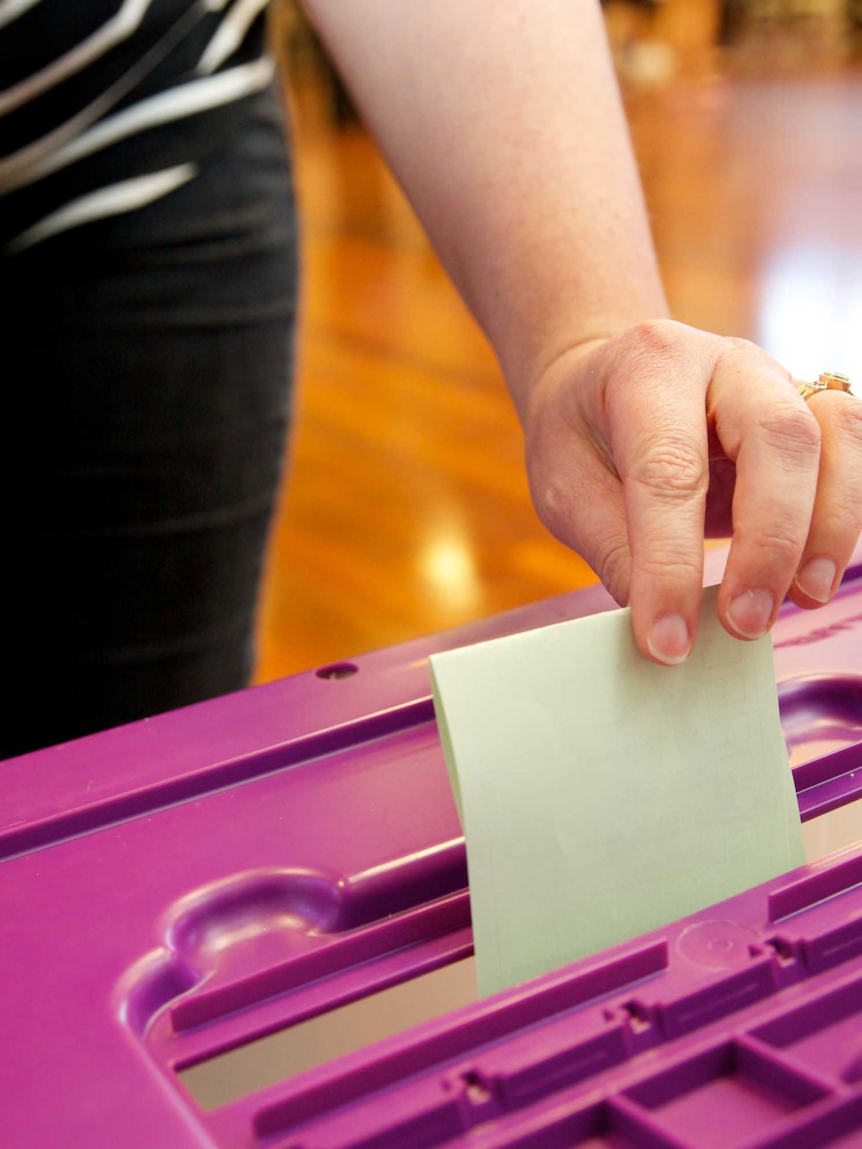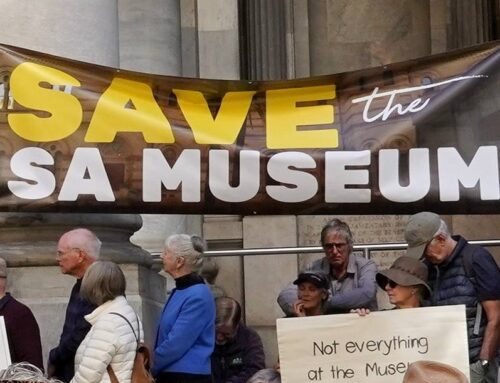Several federal election candidates may not be eligible to stand because they were dual citizens when they nominated, prompting renewed calls for the constitution to be updated.
Key points:
- A constitutional expert says there are eligibility questions over several candidates who may be dual citizens
- Some candidates told the AEC they were dual citizens at the time of nomination, while others were unsure
- Multicultural advocates say the law needs to be updated to allow more people to run for parliament
The ABC has examined the qualification checklist forms of all lower house candidates and found dozens failed to acknowledge they may have inherited foreign citizenship from their parents.
Others said they were “unsure” if they were a dual citizen, or that they were unable to renounce their foreign citizenship, or that their renunciation paperwork had not been processed by the time of nomination.
Another refused to disclose where their parents were born because it was “their personal business”.
Constitutional law expert George Williams from the University of NSW examined the ABC’s data and found several candidates at risk of being ineligible to stand.
“There are some pretty clear cases where people just don’t seem to have taken the necessary step to even check properly if they’re a citizen, let alone to renounce,” he said.
Professor Williams said he was not surprised the issue had resurfaced, despite the mass disqualification of sitting members when the Section 44 rule was exposed five years ago.
Ken Murray, an independent candidate for the Queensland seat of Capricornia, said he never considered that he might be a British citizen despite his father being born there.
In 2017, parliamentarians who were forced to resign due to British citizenship inherited from their fathers included Jacqui Lambie, John Alexander and Malcolm Roberts.
Mr Murray said he had only ever travelled to the UK on an Australian passport and was not concerned about his eligibility.
Mr Murray has contested previous elections and believed he was eligible because the Australian Electoral Commission (AEC) never questioned his qualification checklist.
However, the AEC has no power to make a determination in relation to the checklist, rather it is up to the candidate to be satisfied they are eligible.
Another candidate who also thought he had been “approved to run” by submitting his eligibility form to the AEC is Shooters Farmers and Fishers (SFF) candidate Steve Karaitiana.
Mr Karaitiana’s father was born in New Zealand and was only ever a New Zealand citizen, but the candidate did not check his own citizenship status before nominating to run for the NSW seat of Riverina.
Deputy Prime Minister Barnaby Joyce resigned from parliament in 2017 after the High Court ruled he was a New Zealand citizen because his father was born there.
“I was born in this country, I only have one passport, and I’m very comfortable with it, so Section 44 at this stage, it’s not an issue for me,” Mr Karaitiana said.
The SFF told the ABC it was satisfied Mr Karaitiana was eligible to run under Section 44 as he had only ever held an Australian passport.
NSW SFF state director Tim Basily said no further checks were carried out by the party to investigate Mr Karaitiana’s eligibility, and it would generally not conduct further checks.
Wait time doubles to six months
Amanda Mead was one of multiple candidates who told the AEC they had begun the process of renouncing their citizenship but it was yet to be finalised by the respective country.
The Liberal Democrats candidate for the south-west Victorian seat of Wannon said when she tried to renounce her British citizenship, she was told the wait time had doubled to six months because of COVID-induced staff shortages and resources being focused on processing people fleeing Ukraine and Afghanistan.
Professor Williams said the High Court “has made it crystal clear” that candidates must comply with the constitution at the time of nomination.
Ms Mead said the process disadvantaged poorly resourced minor parties and independents.
“We are predominantly run by volunteers,” she said.
“If we were one of the major parties, we would have lawyers and administration and citizenship experts on call.”
Ms Mead and Mr Murray both said they supported the need to be a sole Australian citizen, but Nèha Madhok from the advocacy group Democracy in Colour said Section 44 could act as a barrier to getting culturally diverse representatives into parliament.
“It’s quite outdated and it doesn’t recognise that you can be loyal to your country and care about the community that you live in whilst also having care for a community elsewhere,” she said.
“Australia is a place where people come from all over the world; we are one of the most multicultural nations in the world, and it seems really bizarre that we have such an archaic law, when really we want to be celebrating this diversity that we have.
Referendum ‘the only option’
Professor Williams said it would be unrealistic to change the law and give the AEC the power to investigate candidates because of the significant time and expense the process would involve.
“The only viable option to actually fix this problem is a referendum.”
He said a referendum could give parliament the authority to set more parameters around the process, rather than considering the full question of whether dual nationals should be able to sit in parliament.
The ABC’s analysis did not identify eligibility questions regarding any sitting members nor candidates representing Labor or the Coalition, and many others supplied evidence that they had renounced foreign citizenships.
Professor Williams said ineligible candidates could distort the electoral process even if they did not win.
“They can change how issues are debated in an electorate, they might affect preference flows,” he said.
Neither of the major parties have a policy for a referendum concerning Section 44.
Space to play or pause, M to mute, left and right arrows to seek, up and down arrows for volume.
Loading form…





